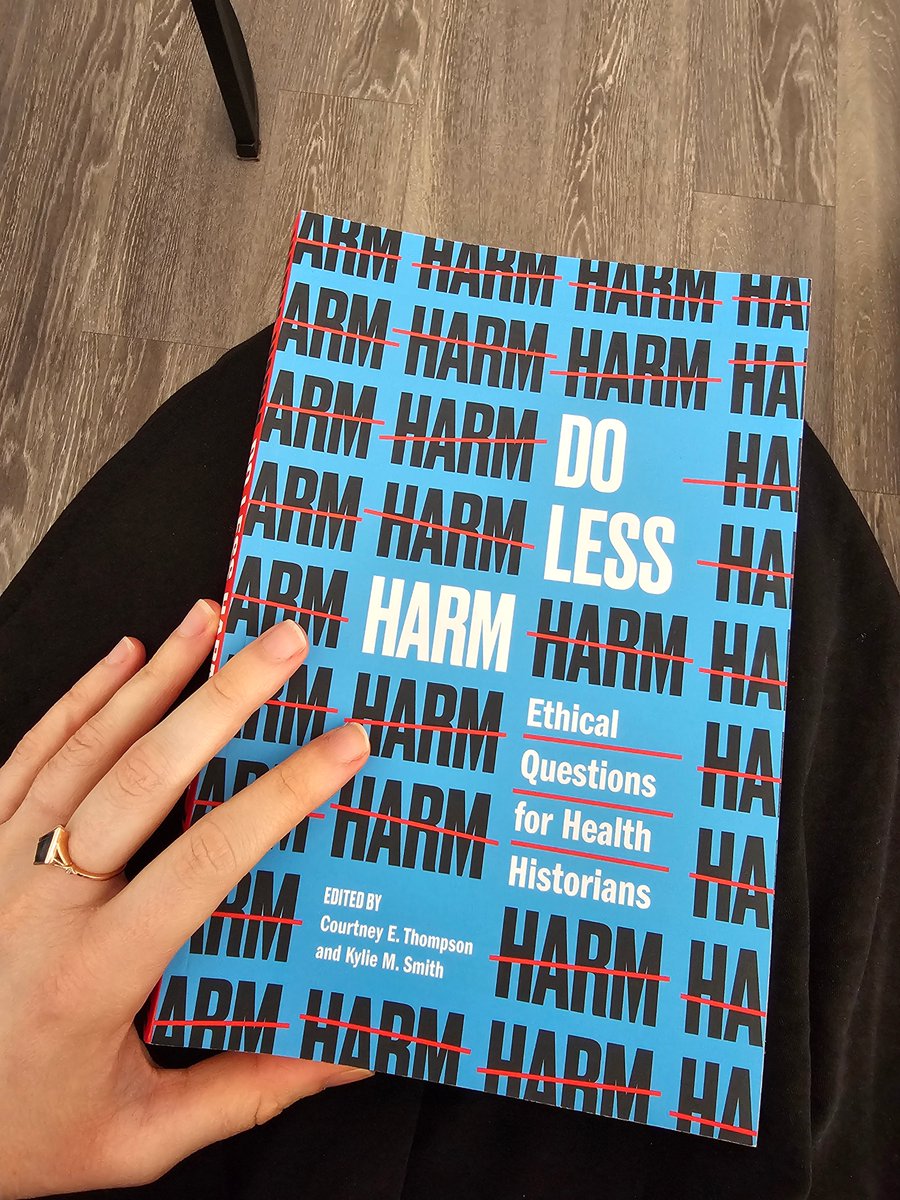I'm engaging in a lot of encounters lately where people see me masked and ask "oh should I grab a mask?" And I know it comes from a good place, but it can be really exhausting. Why? Let's talk about access labor. 1/10
Time and time again disabled people have to ask permission to be in the same spaces as non-disabled people. We need to ask for access to the building, we need to ask for layouts, we need to ask for captioning, we need to ask for interpreters. 2/10
I am constantly asking for permission to simply get into the room. And now let's compound that with masking. I'll use my own access needs as an example here. Just to get into the office to work I have to ask for so many things. 3/10
I have to ask for an entrance with automatic doors. I have to make sure the elevator is working. When it's not I have to ask for a fix. I have to ask for internal doors I can open. And when depressurized doors get "fixed" by unknowing maintenance teams I have to ask again. 4/10
I have to ask for a desk and chair because I'm expected to stand to teach and I can't do that for 3 hour seminars. I have to ask for captions in virtual meetings because I struggle with processing sometimes. I have to ask for work from home some days. 5/10
I have to ask for permission to inhabit the same spaces as my colleagues at least once a day if not more. And I have to ask other people to provide that access all the time. Now imagine if multiple people ask me "oh should I mask up?" 6/10
Every single time I have to gain the courage to say "yes please." And I am brave but it takes a LOT of courage and privilege to ask for access all the time. It also takes a lot of energy and labor. Some days I don't have it in me to ask permission for safety and security. 7/10
Access labor cannot ONLY be done by disabled people. We need you to alt text images, automatically turn on captions, host virtual/hybrid events that ENGAGE us. We need you to plan for us so we don't have to ask again and again for permission to inhabit the same space. 8/10
I want to be able to be less brave. I want to rest. I want to enter spaces where I don't need to ask, because someone has already taken into account universal design, and maybe even remembered my access needs. 9/10
I want academics to think about their complicity in access labor issues. Are you building access? For whom? Are you relying on someone to ask for access? Are you framing it as a favor? Are you unknowingly making someone feel shame/guilt? 10/10 #AcademicTwitter #AcademicChatter
• • •
Missing some Tweet in this thread? You can try to
force a refresh






